Tips for Navigating World Markets
No matter where you are in the world, visiting markets can be an enriching experience and one of the best ways to immerse yourself in a new destination. Markets offer everything from traditional foods to local handicrafts and unique artworks while providing an important source of income for artisans and entrepreneurs.
While world markets often encapsulate a country in a nutshell, they can also be overwhelming to experience, particularly if you don’t know what to expect. That’s why we’ve created this informative guide filled with tips for navigating markets around the globe. It covers everything from understanding currency conversions and cultural sensitivities to honing your negotiation skills in a way that is respectful to everyone involved.
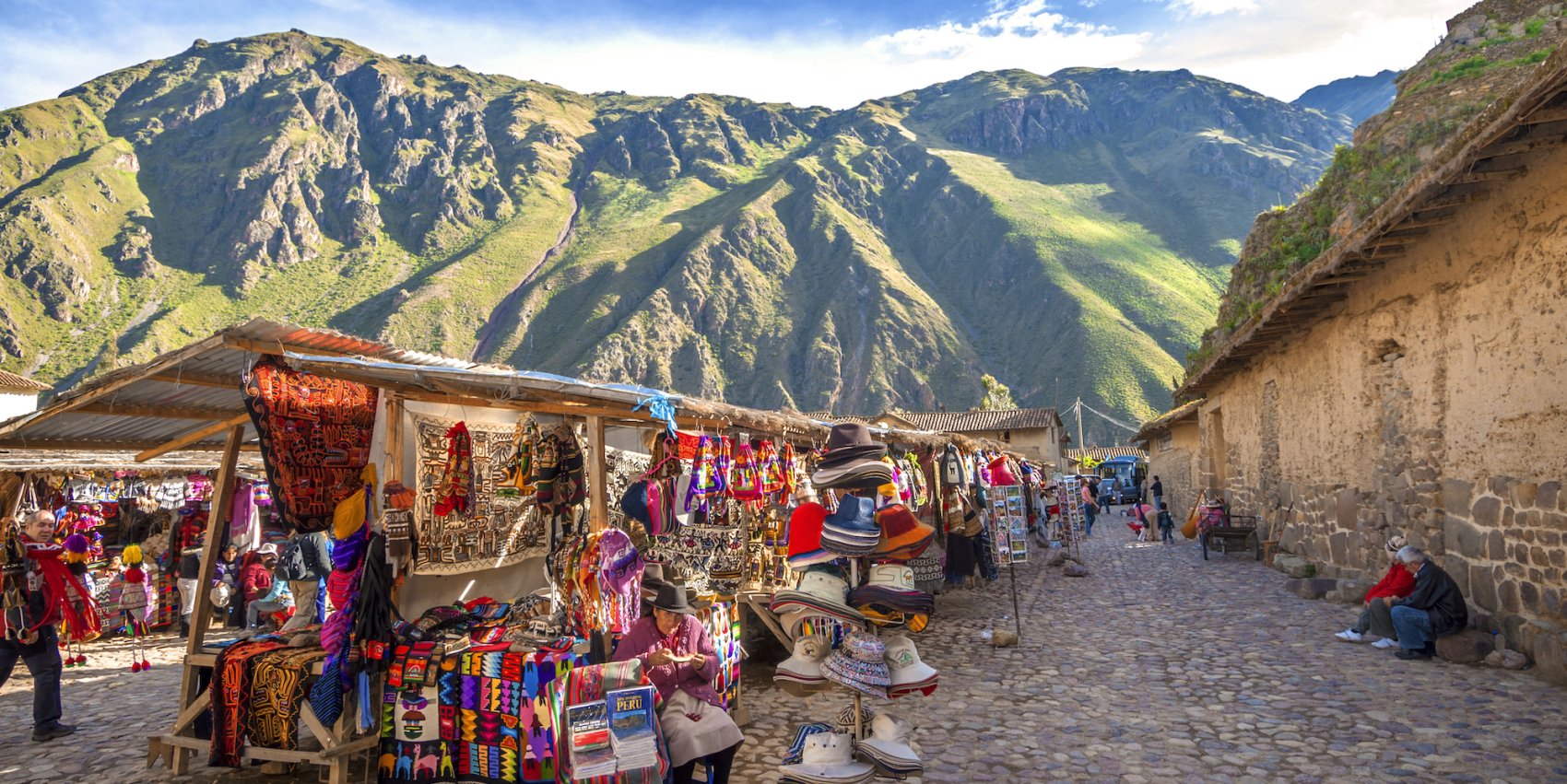
Research in Advance
Firstly, it’s important that you know a few basic details about the market you are visiting, including where it is and how you are going to get there. Not all markets are open all day, every day and you may need to rearrange your itinerary to coincide your visit with its opening hours. Some markets are livelier on certain days of the week than others when they open in a smaller format. If you’re not traveling with a guide, all of this information can easily be found by doing a little research online before your visit.

Understand the Cash and Currency of Your Destination
Some world markets accept credit and debit cards as a form of payment but many do not, which means you need to carry enough local currency with you to cover any purchases you want to make. If you’re traveling on a tour, your guide should be able to advise you as to whether or not there is an ATM near the market or the last place you can withdraw cash before arrival.
It’s also important to have an understanding of what the currency is worth and be able to do exchange calculations either in your head or with the help of a calculator. With some global currencies, there are a lot of zeros involved and it can be confusing to work out exactly what you are paying. Again, your tour guide can be invaluable in these situations and ensure you’re not getting ripped off by a confusing currency conversion.
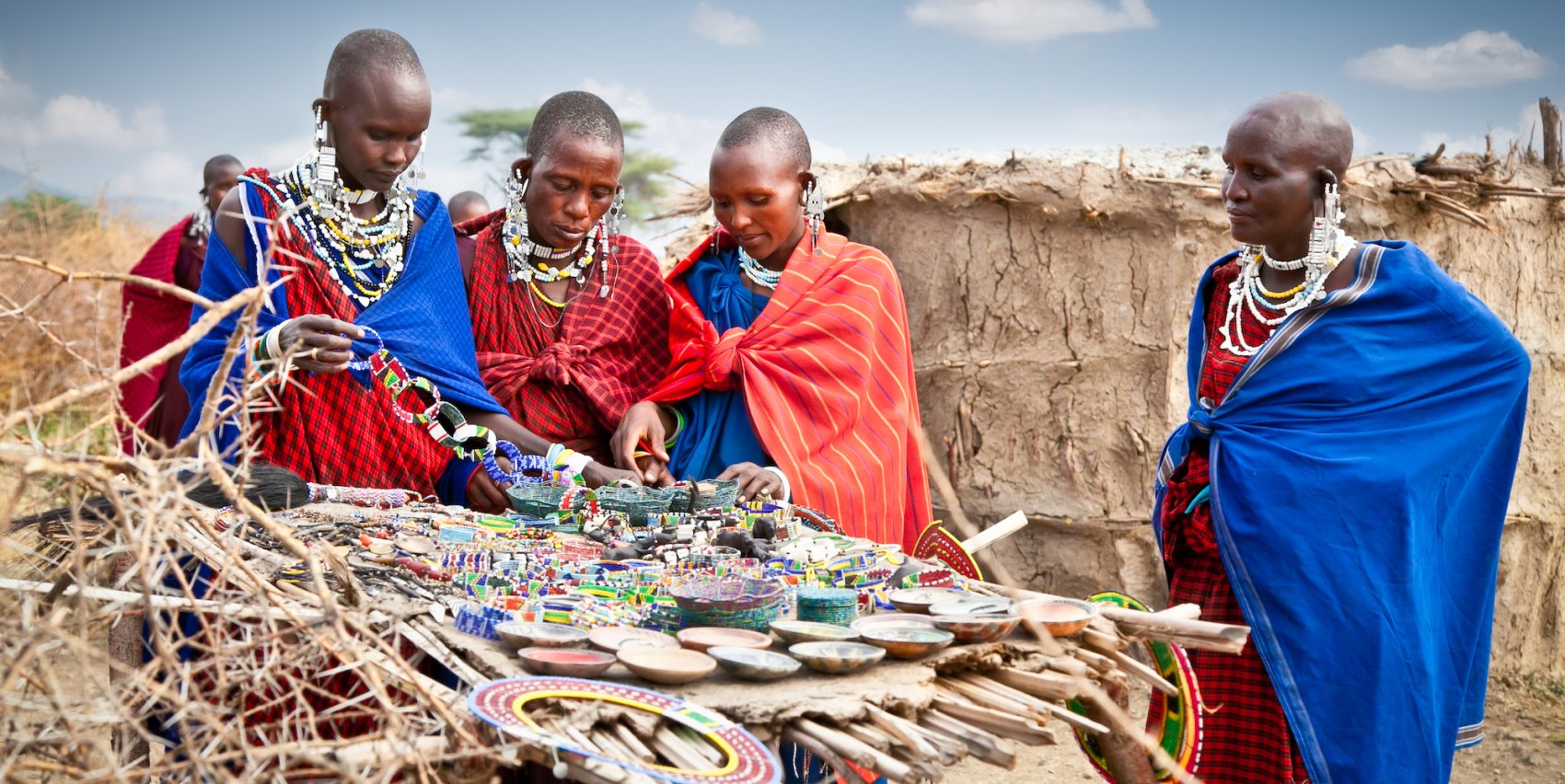
Be Attuned to Cultural Sensitivities
Every destination has unique cultural sensitivities and understanding these before you depart home can have a positive impact on your experience. Interacting with locals at markets is the perfect place to put this knowledge to the test and ensure you’re not stepping on anyone’s foot. It might mean asking how somebody is before launching into price negotiations or avoiding contact with members of the opposite sex in cultures where this is frowned upon. It may also mean dressing appropriately and covering up parts of your body that you might not otherwise to avoid causing offense.
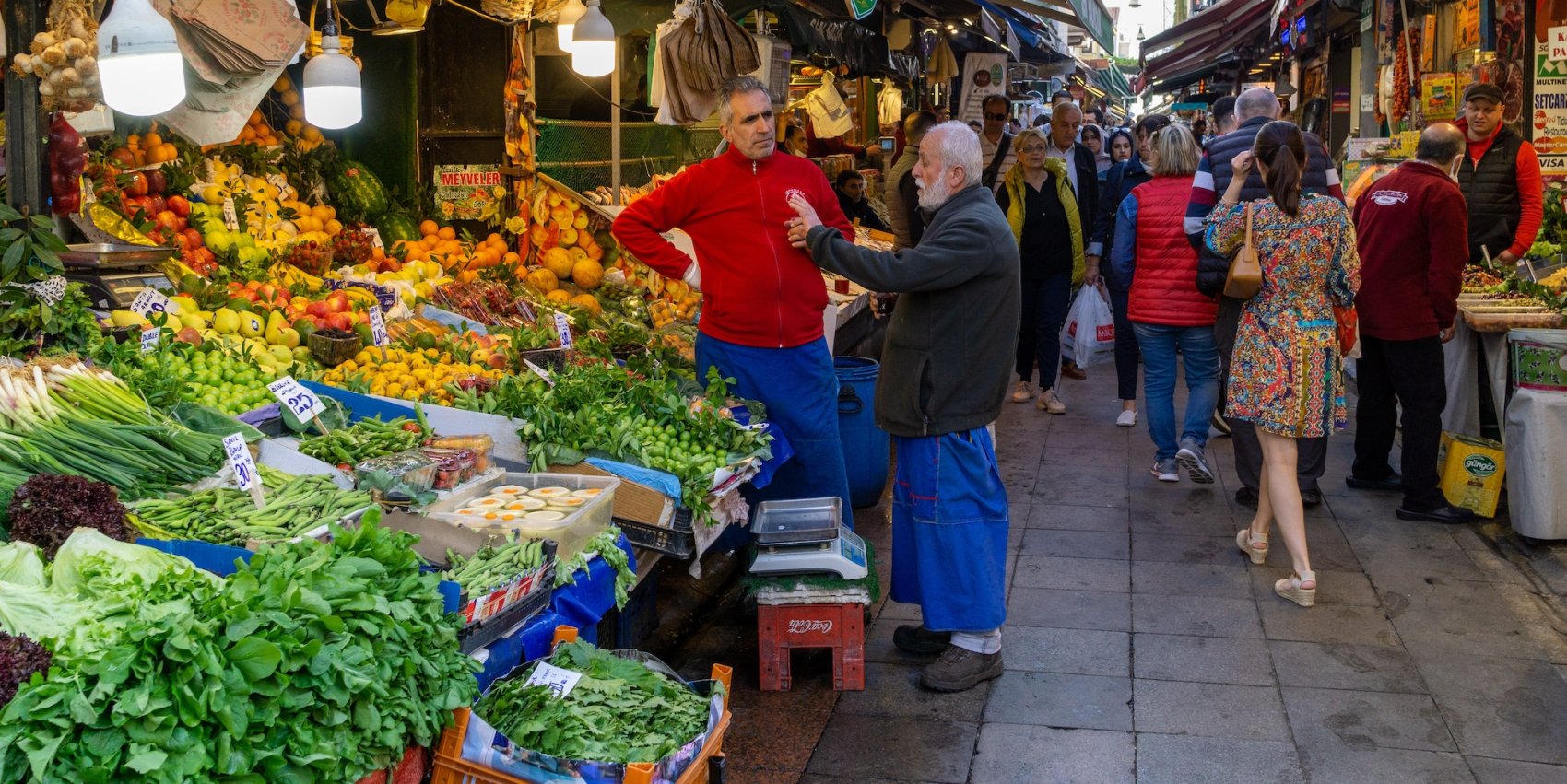
Learn Basic Phrases
Nobody expects you to master the language of every country you visit. But knowing a few basic phrases like “good morning” and “thank you” can be really helpful when communicating and show that you have made an effort. This is particularly true when shopping at markets and encourages interactions with vendors to be more than purely transactional. Locals often appreciate that you have taken the time to speak to them in their tongue, rather than assuming they will converse with you in yours. That being said, vendors at markets frequented by tourists often speak very good English and will rapidly switch over once they know you’ve reached your language limit.
Negotiation Skills
In some countries, haggling is all part of the shopping experience and the initial price is inflated to reflect this. In others, negotiating down prices is considered rude and is essentially devaluing the worth of the goods being sold. Do your research to figure out what is the cultural norm in your destination and follow suit. Even if it’s expected, there’s no obligation to negotiate a price down, particularly if you’re happy to spend a little more in support of a local maker.
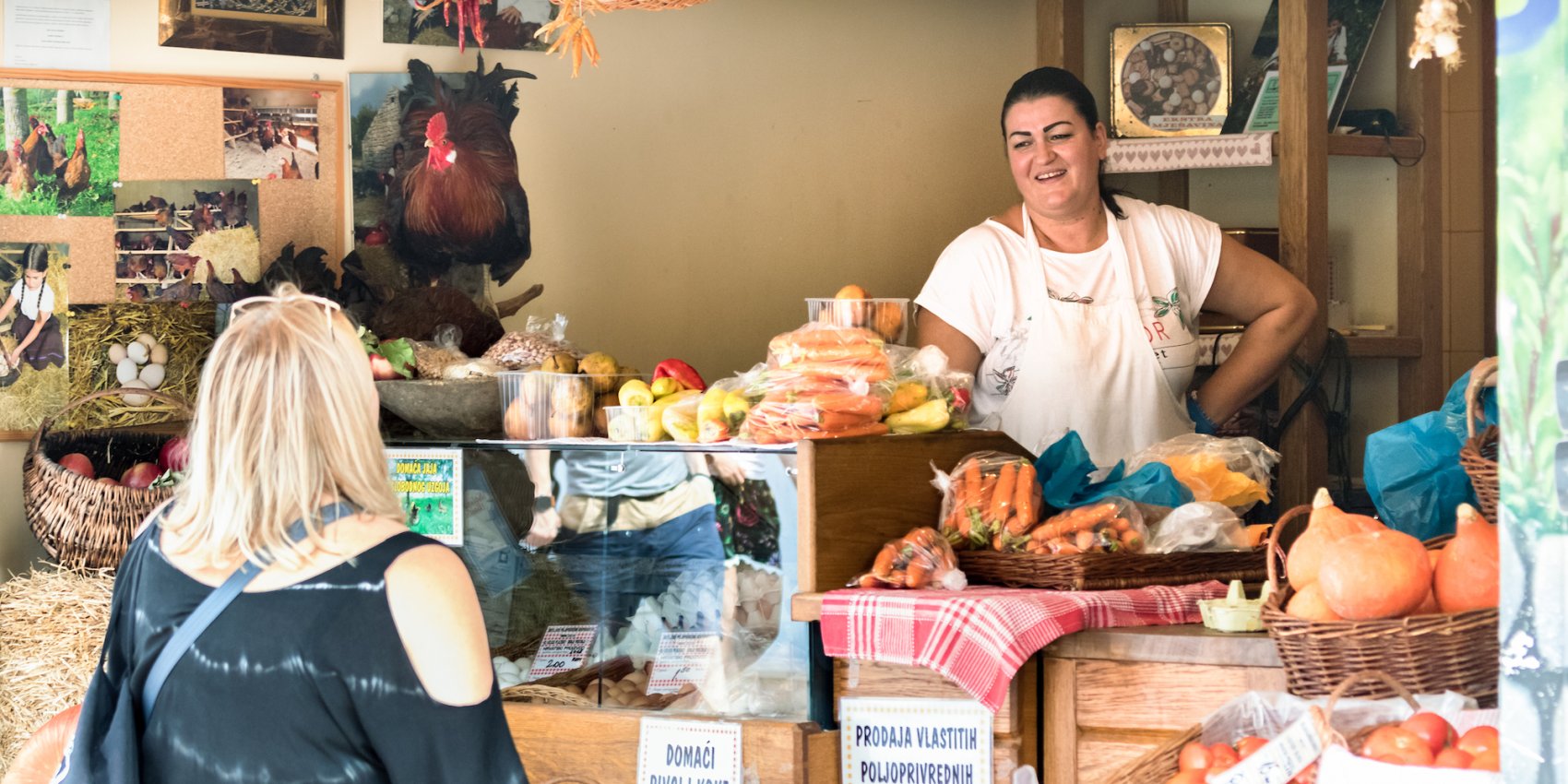
Ask Questions
One of the great things about shopping at world markets is that you find food items and goods that you can’t on the supermarket shelves. So don’t be afraid to ask vendors about the products they are selling or how they are made. It’s a great opportunity to learn about traditional craftsmanship in the country and have a better understanding of the time and effort that goes into creating goods. Asking questions is also a good way of figuring out if a product is really locally made or if it has been mass-produced as an imitation.
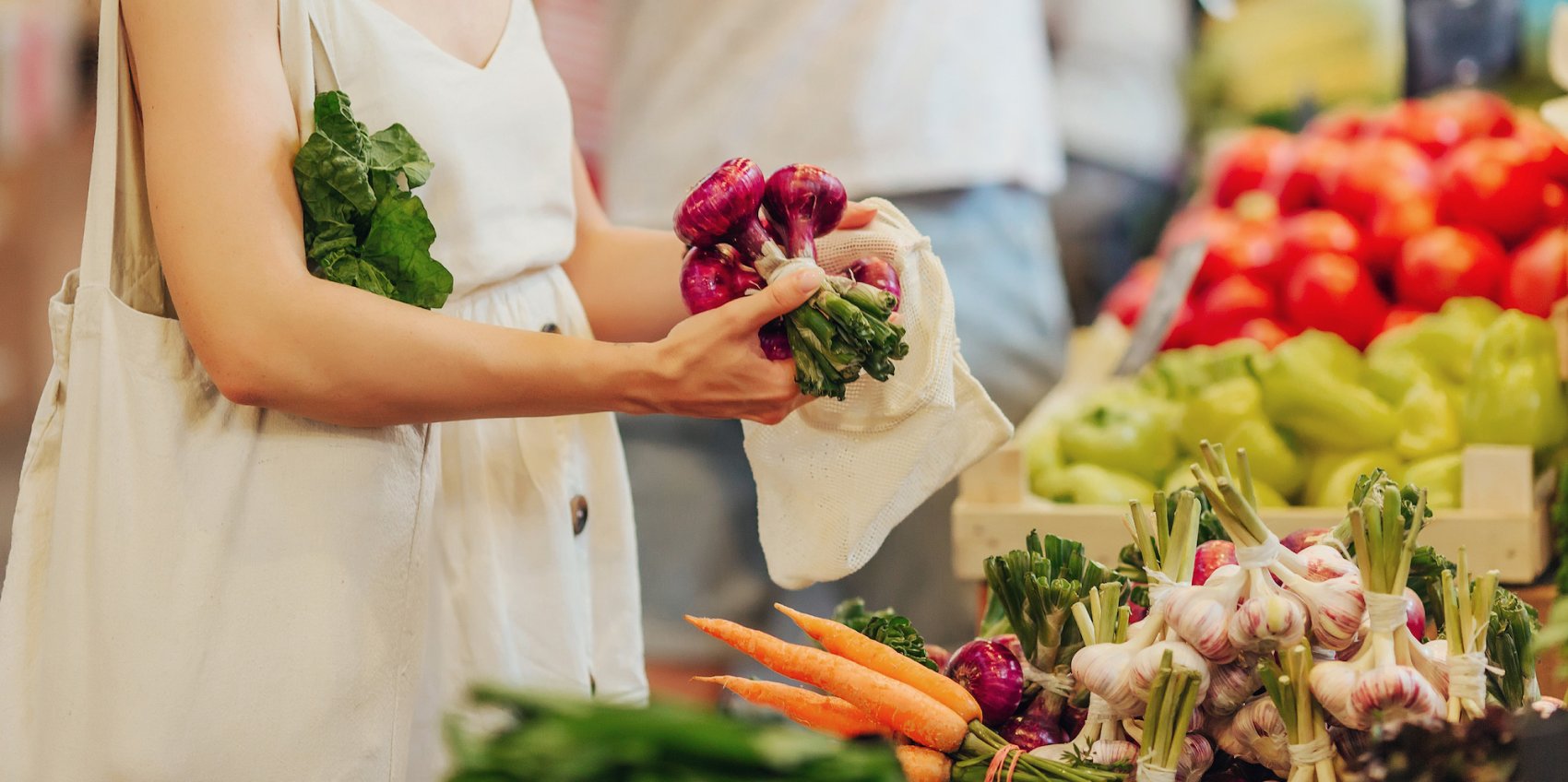
Bring Reusable Bags
Just as you would when going to the supermarket back home, bring along reusable bags so that you aren’t contributing to single-use plastic waste in your destination. At some markets, vendors will whisk a sold item into plastic before you have time to produce your own bag. But don’t be shy about saying “I’ll put it in my bag” and request that they save the single-use plastic for someone else.
Safety and Security
World markets can be busy, colorful, and chaotic places, and it’s for these reasons that they offer such wonderful experiences. But it can also make them easy targets for pickpocketers and scammers looking to catch tourists unaware.
No matter where in the world you are shopping, keep all of your personal items securely hidden away, and don’t flash around expensive jewelry or cameras. Rather than bringing a wallet that can easily be stolen from your pocket, you may want to opt for a travel money belt or fanny pack that sits snuggly on your body.
If you’re not on an organized tour, you can chat with other travelers through online forums about the general safety of the market and any scams to be aware of.
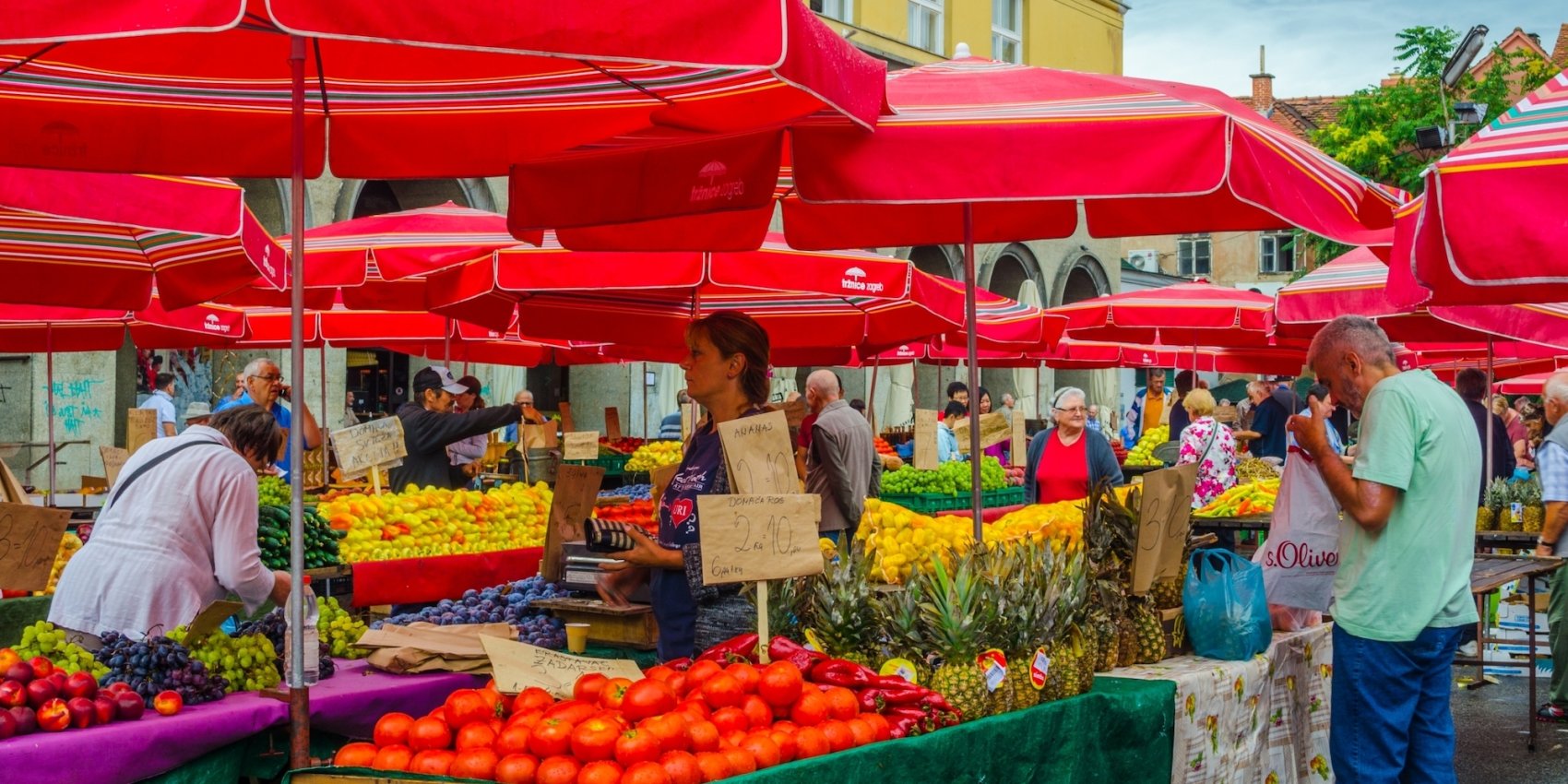
Be Mindful of Local Regulations
Some countries have certain restrictions on exporting goods or they require a permit to be taken out of the country. At the other end of the journey, your home country may not allow some items to be brought in through customs and will confiscate them on arrival.
It’s important to be educated on these regulations before making big purchases to save yourself a lot of money and heartache. Most government websites provide information about what can be brought in and taken out of the country, so consult these if you have any concerns.
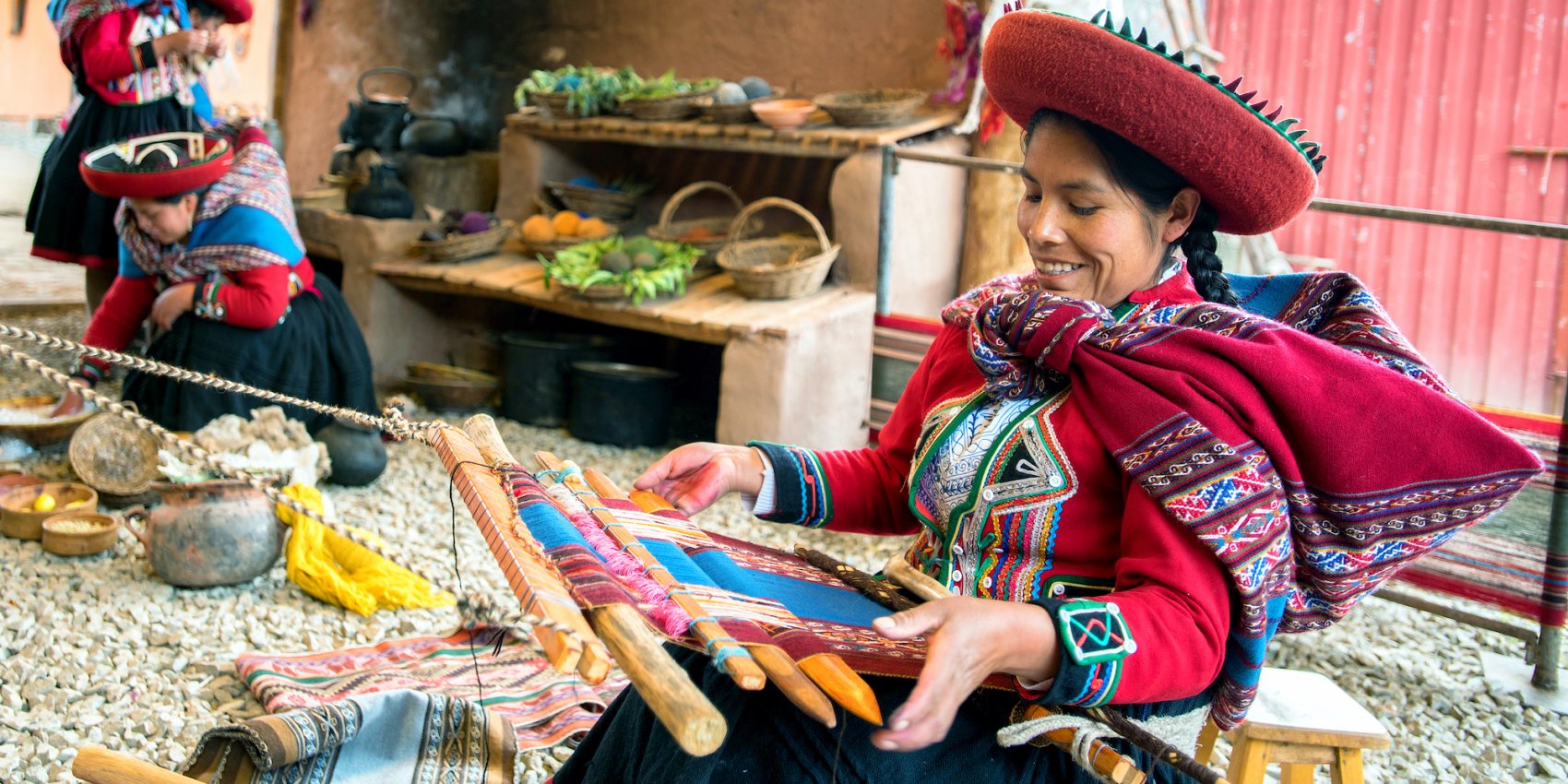
Support Local Artisans
Supporting local artisans and entrepreneurs can have a ripple effect, bringing much-needed income to extended families and communities as a whole. It also helps to preserve traditional craftsmanship that might otherwise get lost amidst the affordability of cheaper imports. Handmade goods not only reflect knowledge and techniques that are passed down through the generations but they are among the most meaningful objects for remembering your global travels by.
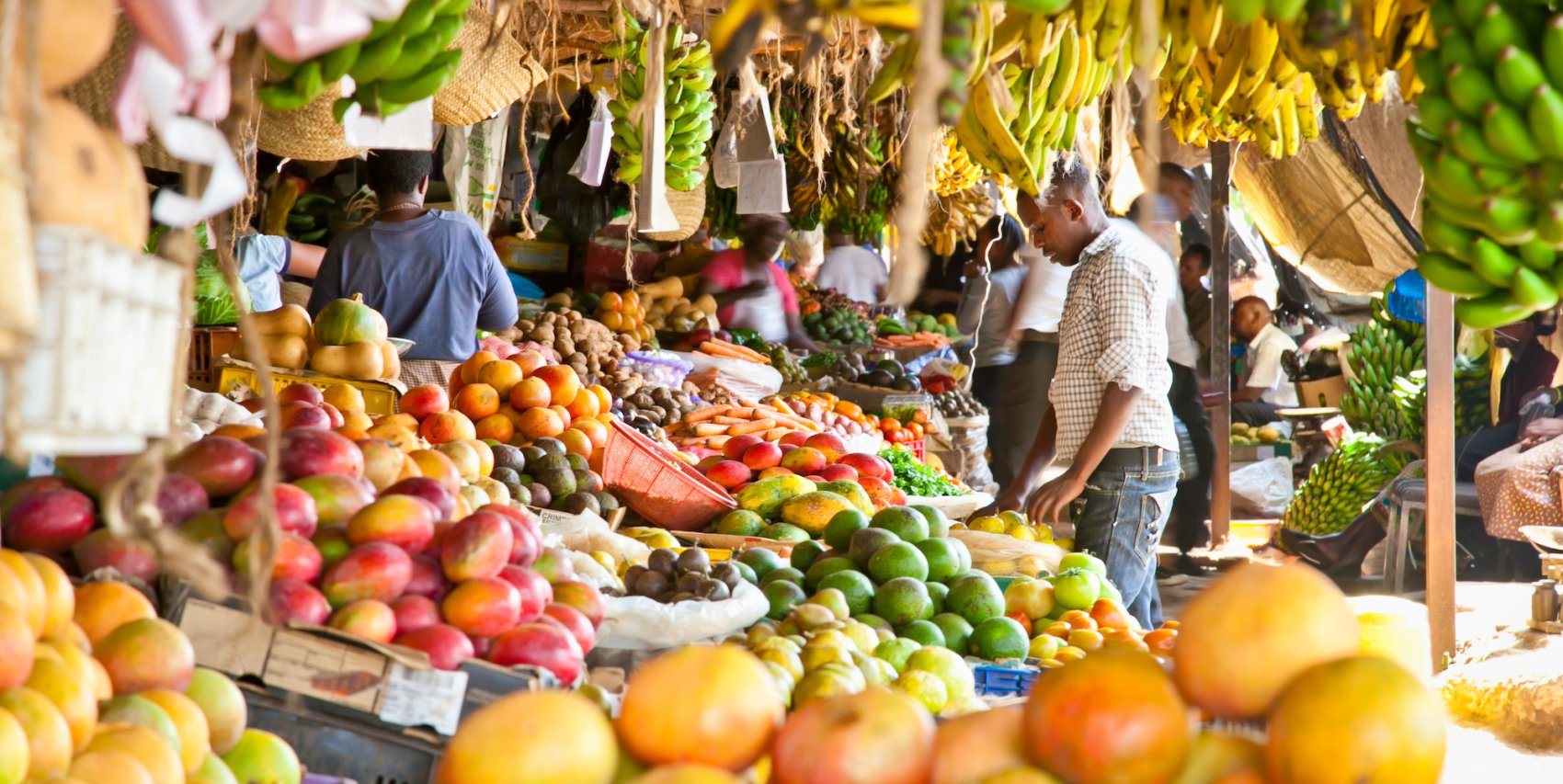
Consider Exploring with a Guide
If you really want to make the most out of your market experience and aren’t traveling on an organized tour, consider getting a local guide to show you around. Guides can help with everything from overcoming language barriers to offering advice on the value of products and helping you with those all-important currency conversions.
Guides can also explain what different goods and foods are and they may even know which vendors offer the best of each product or delicacy. That being said, it’s important to find a guide that is impartial and isn’t just going to direct you to the stalls of their friends and family.
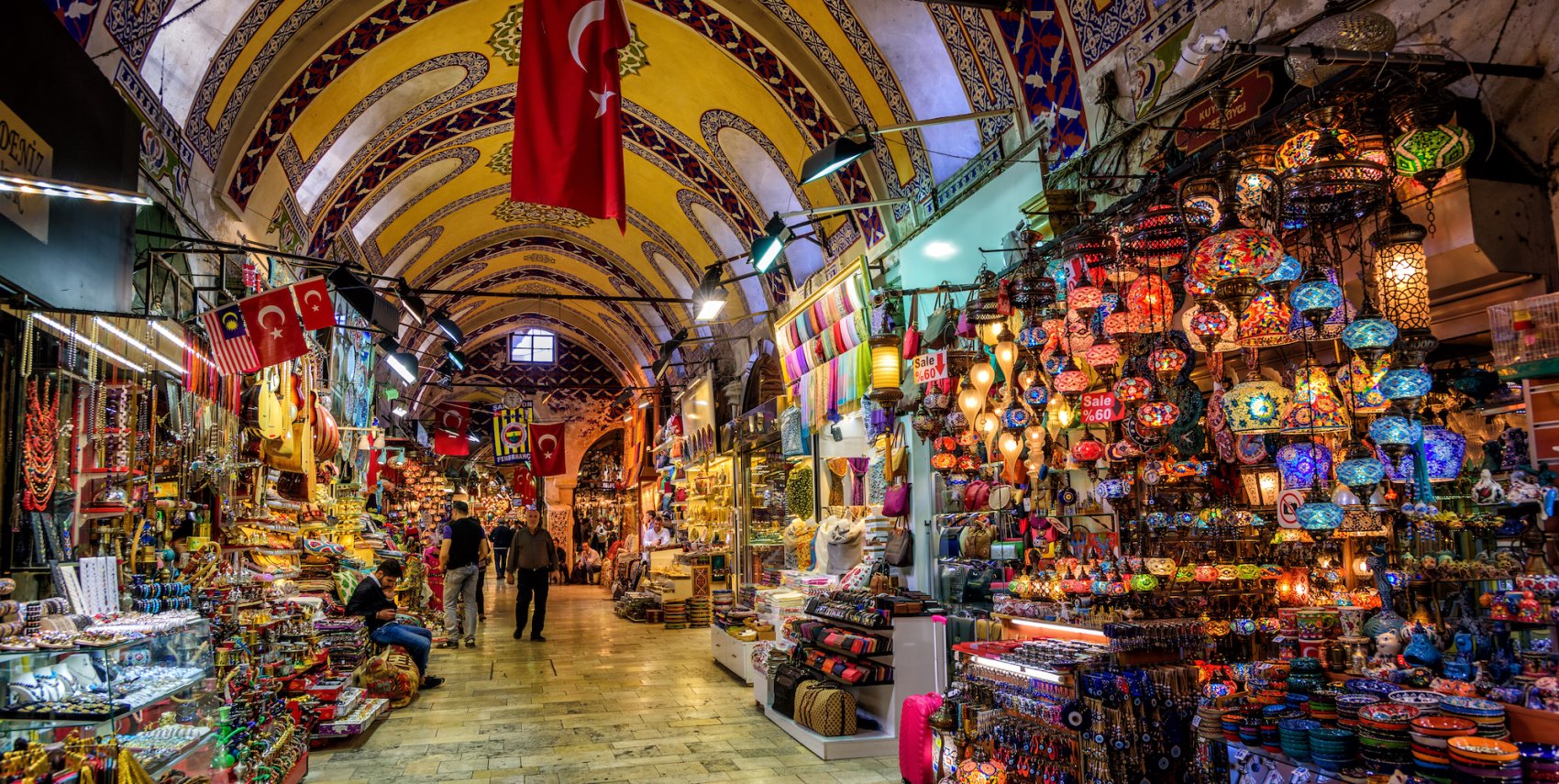
Enjoy the Atmosphere
Whether you’re exploring a market independently or with the help of a local guide, take the time to really soak up the sights, sounds, and smells. If it all feels a bit chaotic and overwhelming when you first arrive, take a moment to just stand back and let the atmosphere wash over you before launching in.
Shopping at world markets is a wonderful opportunity to interact with locals and learn more about traditional crafts, as well as taste foods that you might never have before.
Embrace the Cultural Immersion
Each market is unique, with different items for sale and a distinct approach to haggling, so be ready to adapt accordingly. Remember, it’s not just about shopping and getting material goods at the best price possible but immersing yourself in the local culture. Exploring the market is an experience in itself and could very well be a highlight of your trip abroad.




